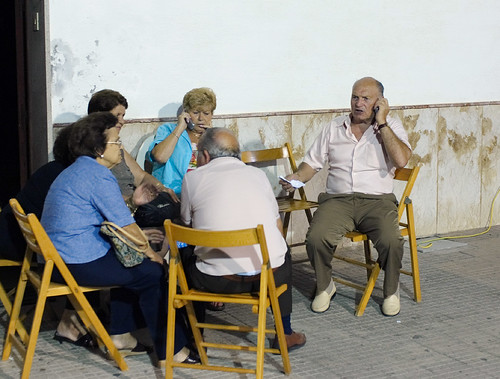About time too! Fredrik Jonasson, a Swedsh artist form Jönköping, has released his new album Now, Can You Picture Me? You can download the album from (download it here) under a Creative Commons license (by-nc-sa).
Fredrik has been making music in different constellations all his life. The past 4 years he has been focusing on Phace O.S. a, as Fredrik himself puts it, “band of different and strong personalities”. But now, he figured, it was time to put 100% of him into a project and the result of it is his new album. It is his first solo album, but over 5000 downloads in just over a week say it will probably not be his last.
About the style of his music the artist says: “My only concern is to find my personal expression and I don’t care that much for fitting into a given genre. If I have to describe it, then I’d say it’s some kind of electronica with strong melodies. At least I’d like to think that.” And in the true spirit of Free Culture Fredrik says: “After all, isn’t that what it’s all about? To write great songs, regardless of which clothes you present them in?”
This is not the first Swedish musician to release under creative commons but it is a bit strange that Sweden has not produced many more than we have…






